Leveraging Decades of Learning
We have launched an ambitious €4.4 million project in partnership with the Pacific Community (SPC), aiming to bring decades of learning from community-based marine management efforts to scale in the Pacific Islands.
The project is part of the broader Pacific-European Union (EU) Marine Partnership (PEUMP) programme funded by the EU and the Government of Sweden and implemented by several regional and international organisations.
Low-cost, High Impact
We are implementing our “100-Percent Solution” via a consortium of partners in Fiji, Papua New Guinea, Solomon Islands and Vanuatu. Activities will be implemented for two-and-a-half years starting from July 2020.
The project will focus on leveraging LMMA’s learning through low-cost media campaigns and culturally-appropriate outreach tools in combination with targeted investments in building local networks and champions that can drive change and reach underserved communities.
The project will also develop national mechanisms for rural communities to meaningfully participate in discussions on natural resource management, which has been a challenge for most countries.
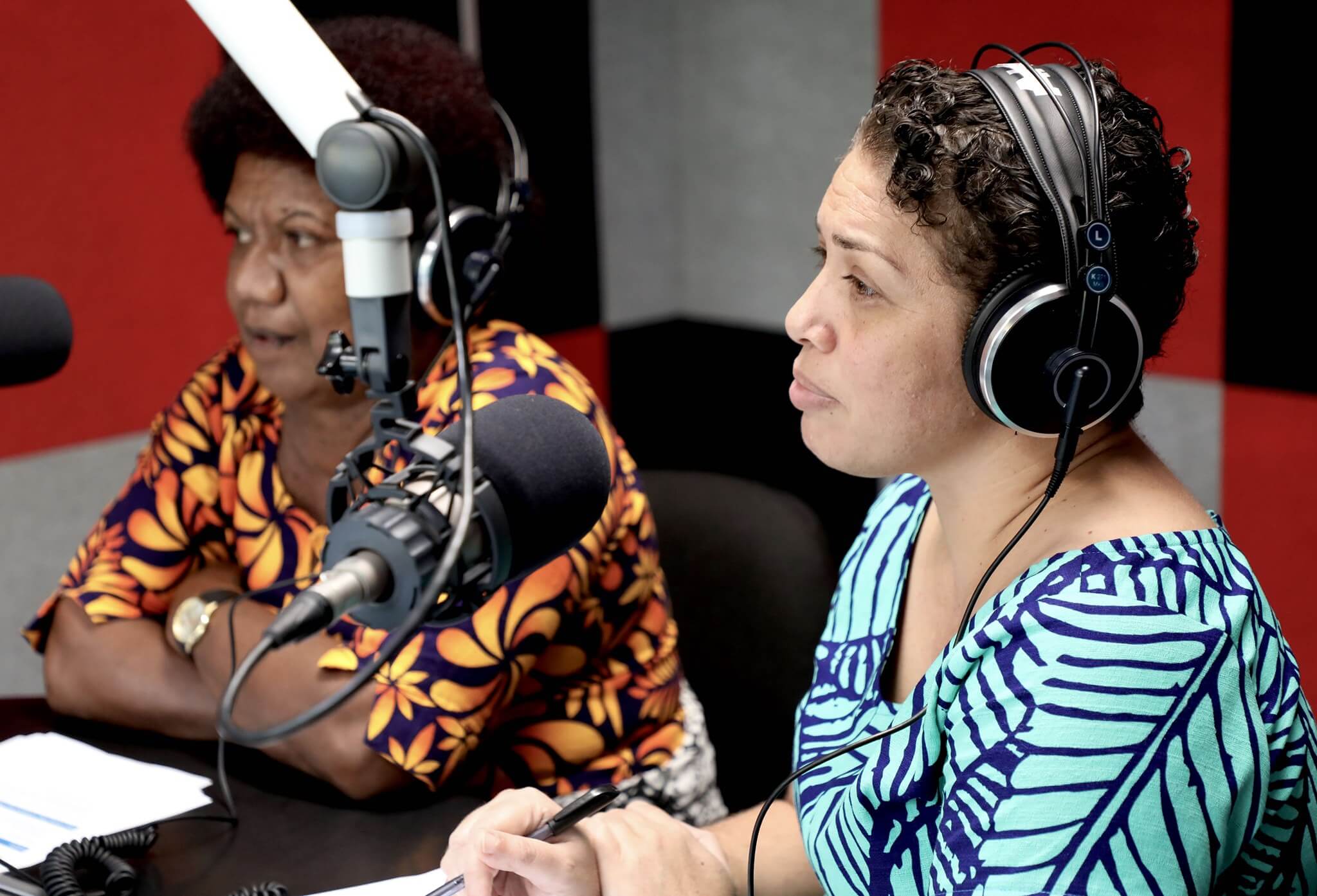
A discussion on best practices to sustain mud crab populations in Fiji, on a community focused radio program funded through the project, led by Fiji Locally-Managed Marine Area Network Women’s Representative Tarusila Veibi, and Margaret Fox, Gender Equality and Social Inclusion (GESI) Advisor – Fisheries, at the Pacific Community (SPC).
Ending Pilot Site Model
Tawake said historically that initiatives commonly focus on pilot sites with the objective of later bringing the lessons to scale. But the high-cost of pilot site approaches and the complex governance challenges in developing island nations has put scaling-up out of reach.
Capacity building programmes in government and community-based organisations in LMMA approaches and network development will ensure sustainable outcomes and enable communities to have the ongoing support needed to navigate complex challenges, including ecosystem threats such as climate change and deforestation and the COVID-19 global pandemic which is increasing fishing pressures as national economies falter.
The learning from the country projects will be shared with all Pacific countries and territories, to adapt to their own specific contexts with the goal of supporting all 100 percent of the communities in the region.
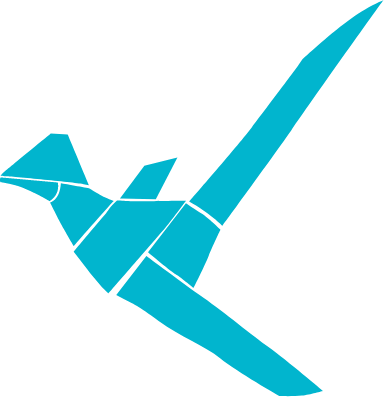
We have been working on advancing community-focused approaches since 2000, and has long been recognised as a global pioneer in advocating for the ability of communities to lead conservation efforts and develop participatory management tools that marry western science and traditional knowledge.
Funder Acknowledgement
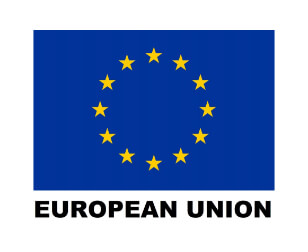
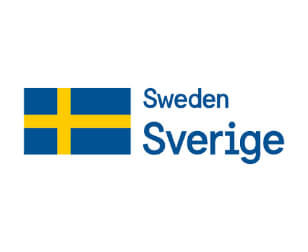
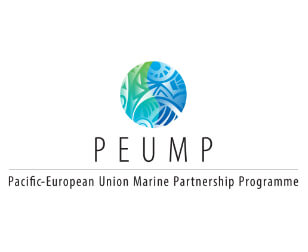
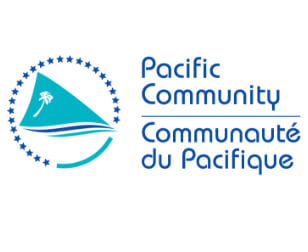
The Pacific-European Union Marine Partnership (PEUMP) Programme addresses some of the most serious challenges faced by Pacific countries. Among these are the increasing depletion of coastal fisheries resources; the threats to marine biodiversity, including negative impacts of climate change and disasters; the uneven contribution of oceanic fisheries to national economic development; the need for improved education and training; and the need to mainstream a rights-based approach and to promote greater recognition of gender issues to ensure inclusiveness and positive changes for Pacific island people.
The five-year PEUMP programme is funded by the European Union (EUR 35 million) and the Government of Sweden (EUR 10 million). It is implemented by the Pacific Community (SPC), the Forum Fisheries Agency (FFA), the Secretariat of the Pacific Regional Environment Programme (SPREP) and the University of the South Pacific (USP) in close collaboration with non-government organisations and the national authorities.

